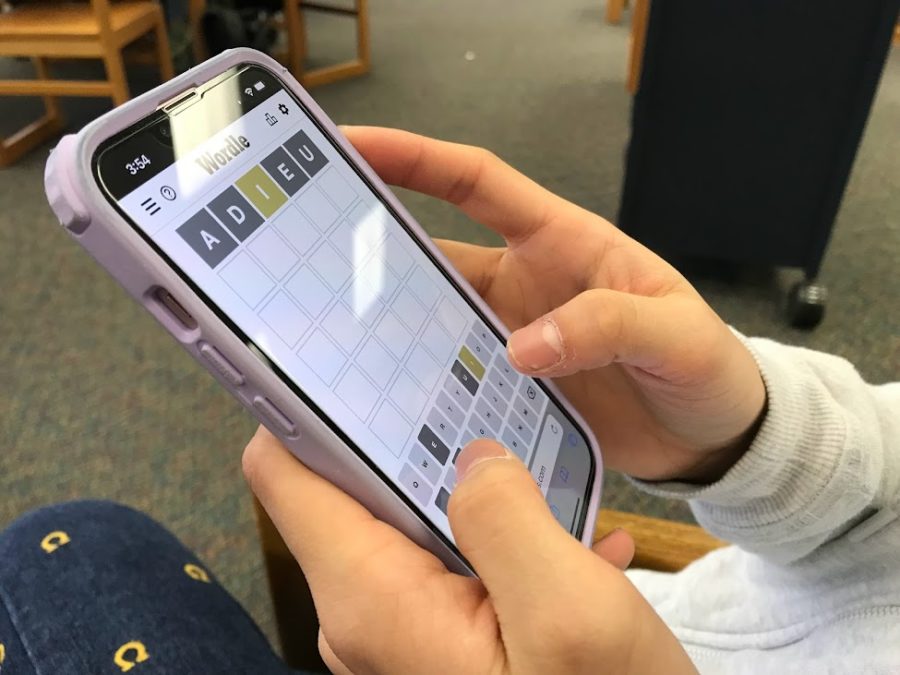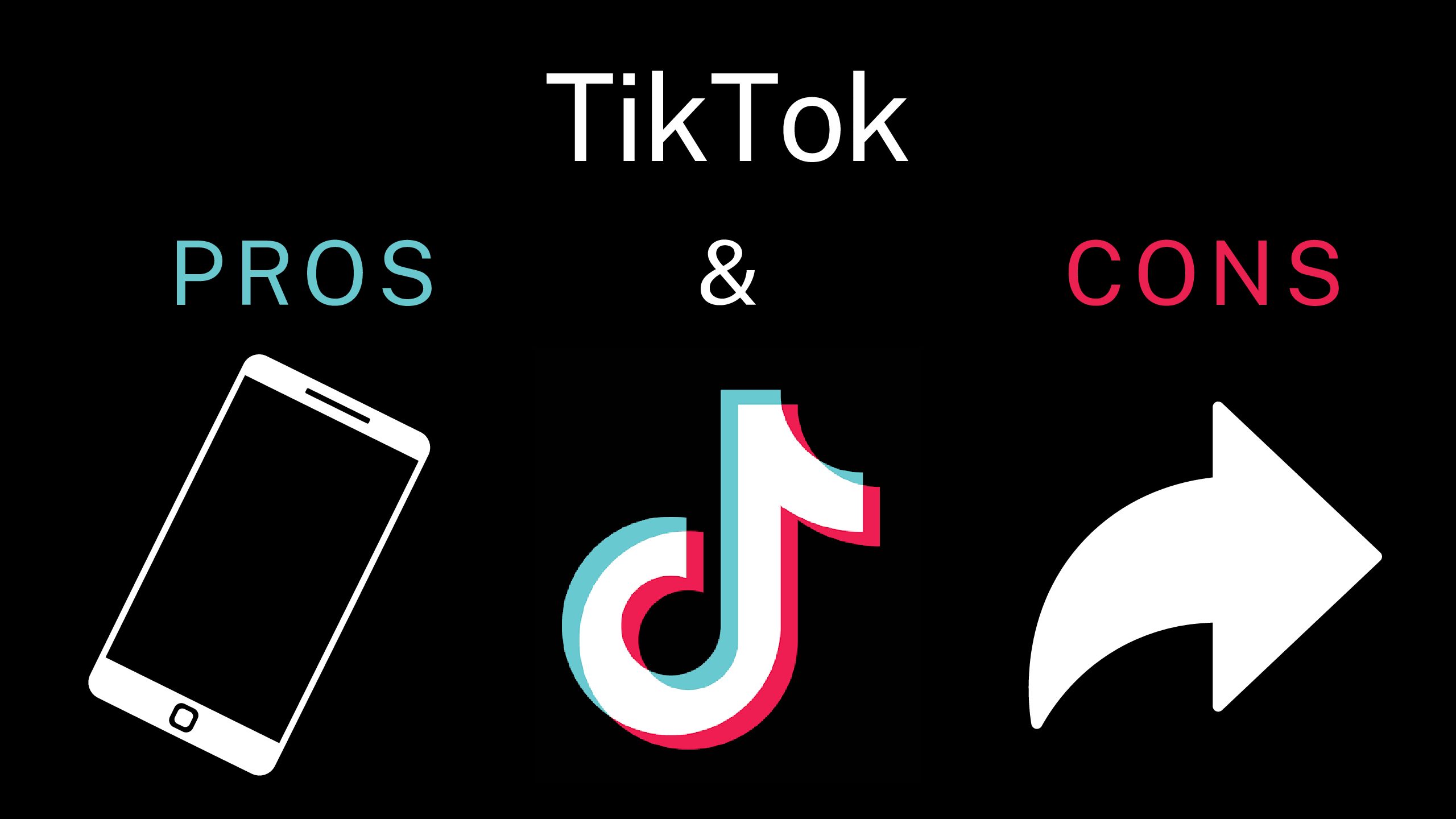Wordle: Just a Game, or a Life-S-T-Y-L-E?
Wordle, the recent internet phenomenon is a word-game, in which players guess the quinate word with a different one each day.
February 16, 2022
I wake up, bright and early, ready to start my day. As I eat my breakfast, I pull out my phone to play the new, trendy online game. Sweat trickles down my temple as I carefully calculate the next word. As a few tense minutes tick by, my focus starts to wane. Finally, I type in my 5-letter word, pleading to the greater powers that be that it’s correct. Promptly after I tap the Enter button, all the letters flip to green. “Splendid!” the screen reads. My confidence soars. My day has just been brightened. I exclaim, “Mom, I got the Wordle!”
Wordle, the recent internet phenomenon is a word-game, in which players guess the quinate word with a different one each day. “Wordlers” get six tries to guess the undisclosed word, and can share their outcomes with friends and family.
Similar to other internet infatuations like Squid Games and the Ice Bucket Challenge, Wordle has the world in a chokehold. Creator Josh Wardle, a software engineer from New York, announced on Twitter, “It has been incredible to watch a game bring so much joy to so many…from Wordle uniting distant family members, to provoking friendly rivalries, to supporting medical recoveries.” Wardle originally created Wordle for his partner, and didn’t expect it to enthuse millions across the globe.
Thus, the question that lingers is the wonder of what makes this word game so captivating? Well, it’s all credited to its “shareability and simplicity,” says Vox. Wordle makes it easy and commitment-free. While most sensational games are downloaded, Wordle is played directly on a website; when closing the tab, it gives one a sense of slight liberation. Likewise, the shareability of results with your fellow players establishes a feeling of unity and togetherness. Sharing scores gives the user a chance to initiate casual competition, all while strengthening relationships and offering sociable communication during this pandemic.
Just recently, The New York Times bought Wordle for a price “in the low seven figures,” according to The Times. Yet, this purchase created an uproar of negative feedback within fans. “The NYT took one nice and simple thing that a lot of people really liked, a dumb bit of fun in our exhaustingly dark times, and implied that they’ll stick it behind a paywall,” claimed Kate Wagner on Twitter. Some, however, have a more positive view on the situation, One user, Franklin Leonard, tweeted, “I’m glad the Wordle guy got paid. He made something that brought a tremendous amount of joy to people, and selling to the New York Times strikes me as one of the least noxious ways he could have gone about it.”
Not only that, but the game is not as challenging as one thinks. It may give that effect, because of the reward when you get it correct; seeing the letters flip to the bright, “winner” green, sending it to all your friends to boast. This is partially due to the fact that it is human nature to seek validation. In getting a high score, we receive gratification, and a feeling of pride, as if we’re doing something of intelligence, which makes us feel better about ourselves. When you play Wordle, you get a false sense that you are getting smarter, when in fact, you are only getting better at the game.
As for me, Wordle is a part of my daily routine. In fact, every day is a competition in my household. We sit around the breakfast table before school and the mutual focus is beyond comparison. However, I’m unsure when this newfound “sport” is going to die out in my family. Will we continue to game until our wits end, or will it leave as fast as it came?
In the end, Wordle is merely an internet fad, and playing it can be a joy, even if you’re only in it because of FOMO (fear of missing out). Now, will you continue to play, striving for validation from a tiny screen, or will you carry on and be indifferent, while seemingly everyone around you takes part in the trend? The choice is Y-O-U-R-S.







